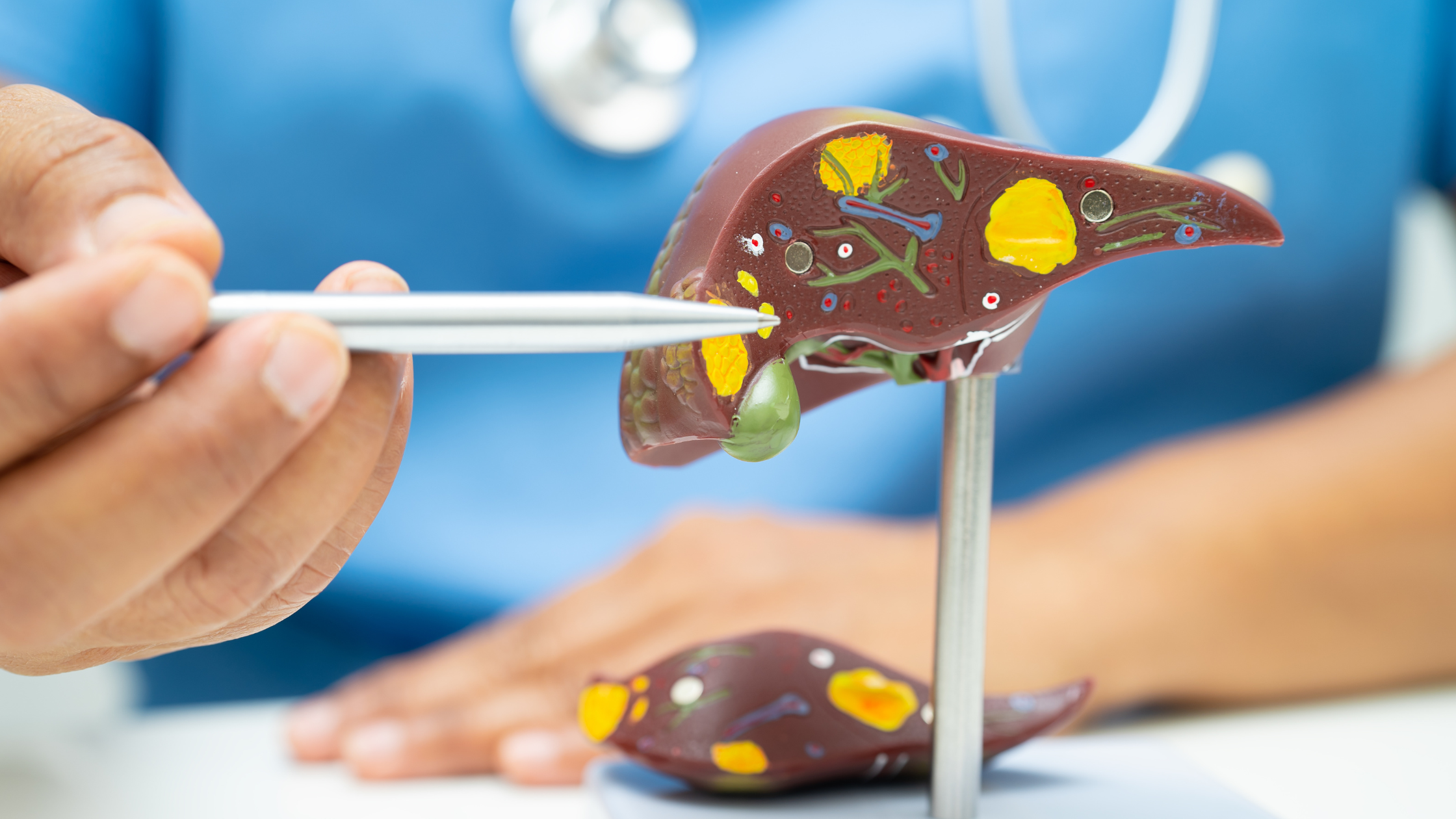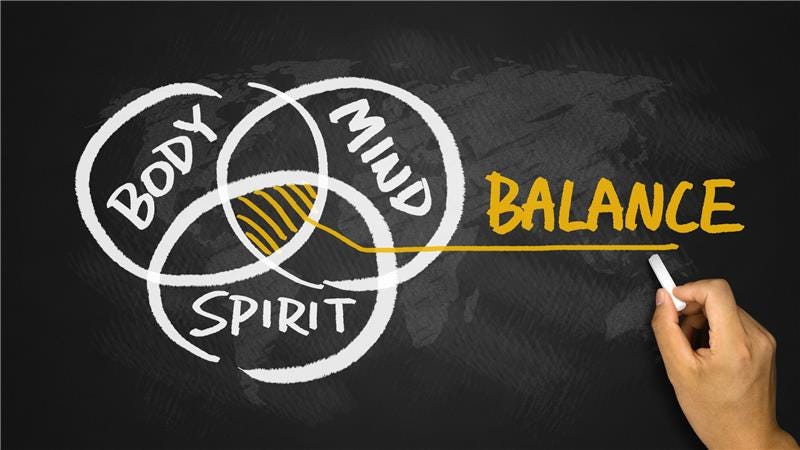
Table of Contents
- Introduction: The Link Between Alcohol and Liver Health
- The Importance of Liver Health in Today’s Lifestyle
- How Alcohol Affects the Liver: The Science Explained
- Signs Your Liver May Need Additional Support
- Nutrients That Help Maintain Liver Function
- Lifestyle Strategies for Liver Health
- Choosing the Right Liver Support Supplement
- FAQs About Liver Health and Alcohol Consumption
- Conclusion
Introduction: The Link Between Alcohol and Liver Health
Global alcohol consumption is increasing, raising concerns about its impact on liver health. The liver is the body's primary detoxification organ, responsible for metabolizing alcohol and processing various substances. While occasional alcohol consumption is generally well tolerated, excessive or frequent intake may place added strain on the liver.
As awareness grows about the importance of maintaining liver function, more individuals are exploring nutritional and lifestyle strategies to support liver health. This shift has led to a rise in demand for high-quality liver support supplements, antioxidant-rich diets, and proactive wellness measures.
This article will explore the effects of alcohol on liver function, key nutrients for liver support, and evidence-based strategies to maintain long-term liver health.
The Importance of Liver Health in Today’s Lifestyle
In modern society, maintaining liver health has become more important than ever. The liver plays a vital role in metabolism, detoxification, and overall wellness, yet many lifestyle factors can place additional strain on this essential organ.
Nutritional and Environmental Stressors
Beyond alcohol consumption, processed foods, environmental pollutants, and stress can all contribute to an increased demand for liver support. Many individuals consume diets high in refined sugars, unhealthy fats, and artificial additives, which require additional metabolic processing by the liver. In addition, toxins from air pollution, household chemicals, and heavy metals further increase the liver’s workload.
The Role of the Liver in Detoxification
The liver is responsible for filtering toxins from the blood, metabolizing nutrients, and breaking down substances that enter the body. This includes medications, alcohol, and chemicals found in processed foods and personal care products. If the liver becomes overwhelmed, it may not function at its optimal capacity, impacting energy levels, digestion, and overall health.
Why Liver Support is Essential
With the increasing prevalence of environmental stressors, dietary imbalances, and lifestyle habits that impact liver function, supporting the liver through nutrient-rich foods, hydration, and targeted supplementation has never been more critical. By adopting proactive wellness strategies, individuals can help maintain long-term liver health and metabolic efficiency.
How Alcohol Affects the Liver: The Science Explained
The liver metabolizes alcohol through a series of enzymatic processes. When alcohol is consumed, the body breaks it down into acetaldehyde, a compound that must be further processed to prevent oxidative stress and cellular damage. If alcohol intake exceeds the liver’s ability to metabolize it efficiently, the byproducts can accumulate, affecting liver function.
How Alcohol Metabolism Works
- The liver produces enzymes to break down alcohol into acetaldehyde, a highly reactive compound.
- Acetaldehyde must be rapidly processed to avoid oxidative stress, which can affect liver cells over time.
- Excessive alcohol consumption may deplete glutathione, the body’s primary antioxidant responsible for neutralizing oxidative stress.
- Alcohol disrupts the normal metabolism of fats, leading to the accumulation of fat in liver cells, which can impact metabolic function.
Over time, alcohol intake can influence the liver’s efficiency, reinforcing the need for proactive nutritional and lifestyle support.
Signs Your Liver May Need Additional Support
The liver is a resilient organ capable of regenerating and repairing itself. However, certain signs may indicate that the liver is under additional strain.
- Occasional fatigue or sluggishness
- Changes in digestion, such as bloating or discomfort
- Reduced alcohol tolerance compared to previous levels
- Slower metabolism and energy fluctuations
- Mild bloating or fullness after consuming certain foods
Recognizing these signs early and adopting liver-supportive strategies may help maintain long-term wellness.
Nutrients That Help Maintain Liver Function
Nutritional support plays a critical role in maintaining normal liver function. Several key nutrients and botanicals are frequently used to help support liver detoxification pathways.
Milk Thistle (Silymarin)
Milk thistle is one of the most widely researched liver-support botanicals. It contains an active compound called silymarin, which has been studied for its role in maintaining liver enzyme balance and supporting overall liver function.
N-Acetyl Cysteine (NAC)
NAC is a precursor to glutathione, the body’s master antioxidant responsible for neutralizing oxidative stress. Since alcohol metabolism may deplete glutathione levels, NAC supplementation is often recommended for individuals who consume alcohol regularly.
Turmeric and Curcumin
Curcumin, the active compound in turmeric, has been extensively studied for its role in maintaining normal inflammatory pathways. It may help support the liver’s natural detoxification processes.
B Vitamins and Zinc
Alcohol consumption can reduce levels of essential B vitamins, including B6, B12, and folate, which play a role in enzymatic reactions related to liver metabolism. Zinc is another essential nutrient that supports the body’s antioxidant defense system.
Dandelion Root and Artichoke Extract
Dandelion root and artichoke extract have been traditionally used to support bile flow and digestive function, both of which contribute to liver health.
Lifestyle Strategies for Liver Health
Along with nutritional support, making specific lifestyle changes can further support liver function.
Moderate Alcohol Intake
Moderate Alcohol Intake
Following recommended guidelines for alcohol consumption can help reduce stress on the liver. Moderation is key for maintaining balance.
Increase Hydration
Adequate water intake supports the liver’s detoxification pathways by promoting the elimination of metabolic waste products. Staying hydrated is essential for optimal liver function.
Incorporate Liver-Supporting Foods
Nutrient-rich foods such as leafy greens, cruciferous vegetables, and berries contain antioxidants that may support natural detoxification processes. Beets, artichokes, and garlic are also excellent choices for liver health.
Engage in Regular Physical Activity
Exercise promotes circulation and metabolic function, both of which contribute to optimal liver health. Aerobic activities such as walking, jogging, and strength training can all support overall wellness.
Prioritize Sleep and Recovery
The liver undergoes key regenerative processes during sleep. Establishing a consistent sleep routine helps support the body's natural detoxification cycles.
Choosing the Right Liver Support Supplement
When selecting a high-quality liver supplement, consider the following factors.
Clinically Researched Ingredients
Look for supplements that contain evidence-based ingredients such as milk thistle, NAC, turmeric, and B vitamins. These ingredients are commonly studied for their role in supporting liver enzyme balance and detoxification pathways.
Clean Formulations
Choose products that are non-GMO, gluten-free, and free from artificial fillers or additives. High-quality supplements prioritize purity and efficacy.
Synergistic Blends
Supplements that combine botanicals, antioxidants, and essential nutrients provide a comprehensive approach to liver health. Selecting a blend that supports multiple aspects of liver function can be beneficial.
FAQs About Liver Health and Alcohol Consumption
How does alcohol impact liver function?
The liver metabolizes alcohol into byproducts that must be efficiently processed. Excessive alcohol intake increases oxidative stress and nutrient depletion, reinforcing the importance of liver support strategies.
What are the best nutrients for liver health?
Nutrients like milk thistle, NAC, turmeric, and dandelion root are frequently used to support liver enzyme balance and detoxification pathways. B vitamins and zinc also play a role in metabolism and liver function.
Can lifestyle changes help maintain liver health?
Yes, moderating alcohol intake, staying hydrated, eating nutrient-rich foods, and engaging in regular physical activity all contribute to maintaining long-term liver wellness.
Should I take a liver supplement if I drink alcohol frequently?
Individuals who consume alcohol regularly may benefit from liver-supporting antioxidants and botanicals to help maintain normal detoxification pathways. However, supplements should complement a balanced diet and healthy lifestyle.
Conclusion
As global alcohol consumption continues to rise, more individuals are seeking proactive ways to support liver health. A combination of balanced nutrition, healthy lifestyle choices, and targeted supplementation may help maintain optimal liver function.
For those looking for a high-quality liver support supplement, selecting a formula with clinically studied ingredients can provide comprehensive benefits.









